Iranian MP: JCPOA talks framework will not change under Raeisi administration
A senior Iranian lawmaker has said the framework of Iran’s policy at the Vienna talks will not change under the incoming administration of Ebrahim Raeisi, noting that the Islamic Republic will continue the talks, aimed at reviving the 2015 nuclear agreement, to reach its objectives.
“The Islamic Republic is taking part in these negotiations in line with the definitive policy set by the Leader (of the Islamic Revolution Ayatollah Seyyed Ali Khamenei) that seeks the removal of all sanctions [imposed on Iran] and effective verification [of sanctions removal], which will be followed with Iran’s reciprocal move after the other side has taken the appropriate action,” Abolfazl Amouei, a member of the Parliament’s National Security and Foreign Policy Committee, said on Sunday.
According to Amouei, given that the Iranian administration is in a transition period, the talks have been postponed until a few weeks ahead.
“Foreign policy in Iran has a well-established large-scale framework, and when it comes to the issue of the [Vienna] talks, [Iran's] policies are not going to change,” the lawmaker said, adding, “Methods and people may change, but the goals and the framework are fixed. We expect no fundamental changes in the negotiations’ process under the next administration, but bolstering our national position will surely become our strength in the process.”
In similar remarks earlier this month, Iran’s Foreign Ministry spokesman Saeed Khatibzadeh echoed similar remarks on Iran’s policies toward the nuclear accord, formally called the Joint Comprehensive Plan of Action (JCPOA).
Khatibzadeh said Iran’s stance on the JCPOA and the need for the US to remove its sanctions “are among the positions of the establishment and will not alter with a change of administration.”
The JCPOA was reached between Iran and six world powers, including the United States, Britain, France, Germany, Russia and China.
The deal was ditched by then US President Donald Trump in 2018 in spite of Iran’s full compliance with its contractual obligations.
Washington then began to put enormous pressure on Iran through sanctions, in what it called a “maximum pressure” policy, in order to force Tehran to negotiate a “better deal.”
Now President Joe Biden, who was the vice president of the United States when the deal was inked, has promised to re-enter the JCPOA and abandon Trump’s “failed” maximum pressure campaign.
‘Americans must change track’
Elsewhere in his remarks, the Iranian lawmaker stressed that the Americans should change their position on the JCPOA.
He added “The [Vienna] talks take place between Iran and the Group 4+1, whose members are implementing the JCPOA. The American side quit the JCPOA in 2018 and announced in 2021 that it is willing to rejoin the group. However, since [the US] has not fulfilled its obligations, conditions have been set for its return and the talks are focused on what measures should be taken by Americans within framework of these conditions, which will be determined through talks between Iran and the Group 4+1.
“Whether or not the conditions would be accepted by the US is another issue,” he noted.
The Iranian lawmaker also said the current process in the talks in the Austrian capital is still far from the demands of the Islamic Republic.
“We assume that unless there is a fundamental change in US policies and it takes actions that go beyond mere words … one cannot expect the negotiations to bear fruit so soon,” he said.
Amouei also argued that the Raeisi administration can help strengthen Iran’s position in the Vienna talks by reinvigorating the country’s economy and neutralizing the sanctions.
President-elect Raeisi has emphasized that the US must return to full compliance with the JCPOA and fulfill its commitments under the accord in order for Iran to reciprocate.
“European countries and the United States must look and see what they have done to the JCPOA. The United States violated the JCPOA while European countries failed to comply with their obligations,” Raeisi said on June 21 during his first press conference after his landslide victory in the June 18 election.
The president-elect also said the Iranian nation is not satisfied with the JCPOA as a deal since it has failed to deliver on its promises, adding that his administration will not pursue attritional talks on the deal.
On Saturday, following an almost one-month break in the Vienna talks, Iran confirmed reports that the negotiations will resume only after the new administration assumes office.
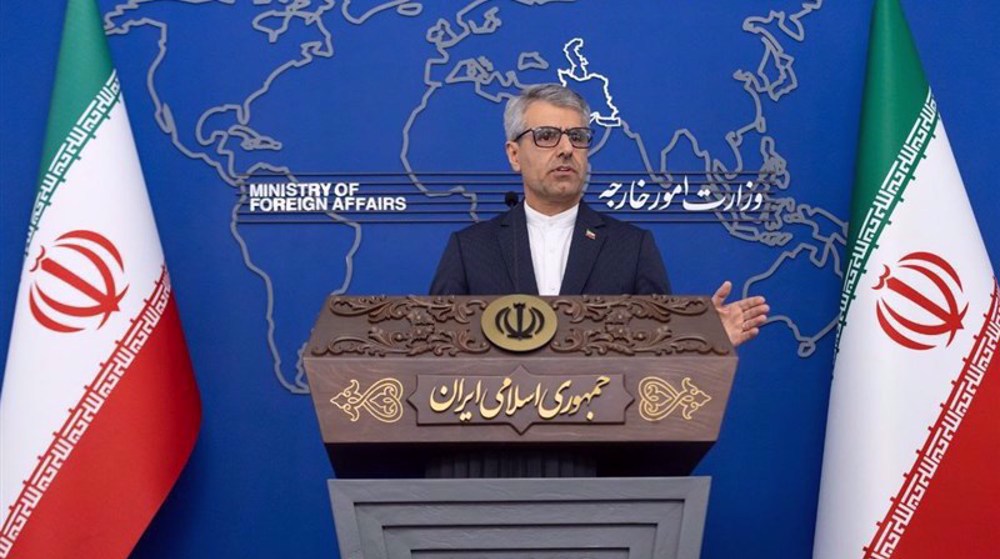
Iran’s will centered on strengthening ties with African nations, says Foreign Ministry
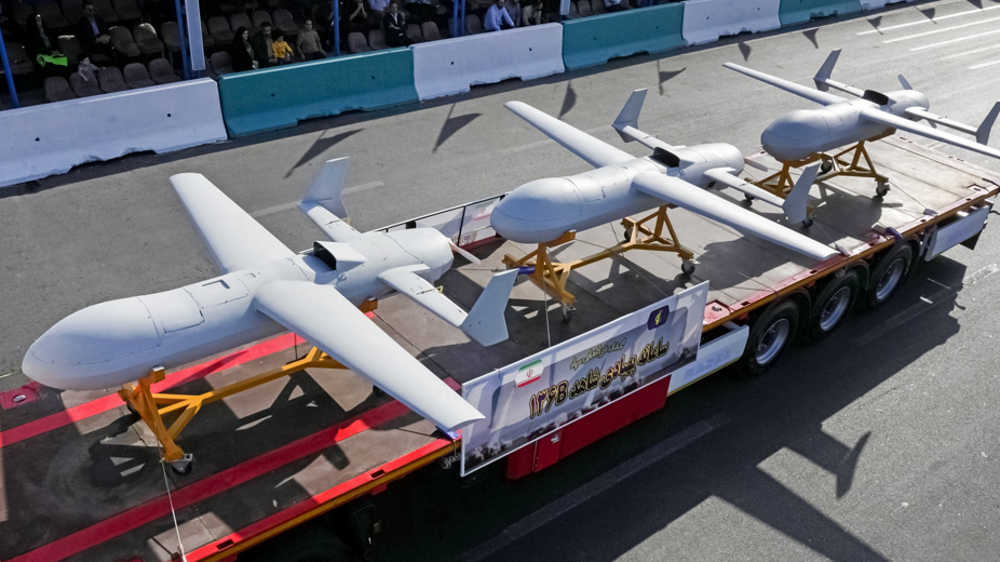
‘No legal prohibition’ on sale of Shahed drone: Iran’s UN mission
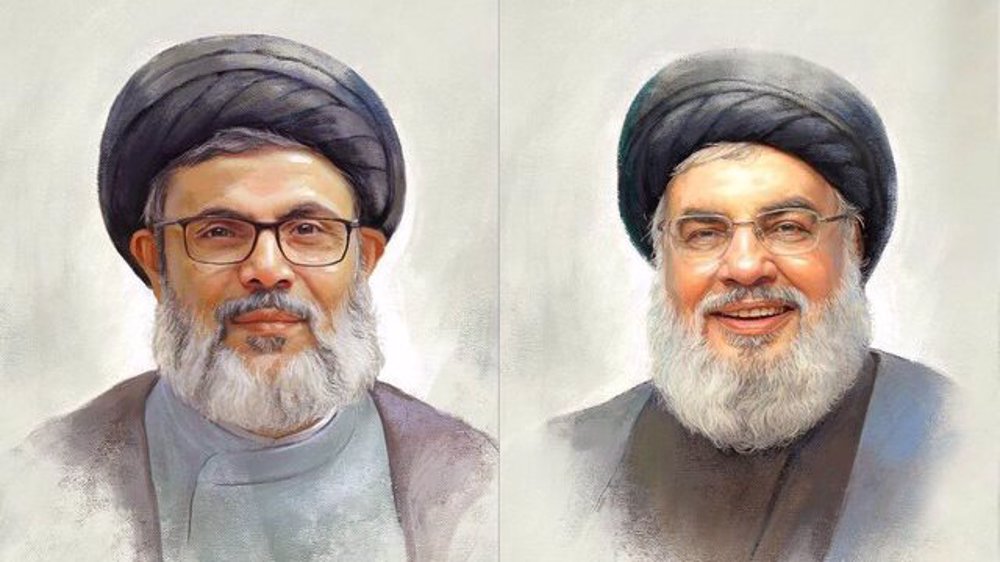
‘Resistance resurrection’: Iran delegation in Lebanon as details of Nasrallah funeral announced
Iran’s will centered on strengthening ties with African nations, says Foreign Ministry
VIDEO | London court tries veteran Palestine solidarity march organizer
BBC blasted for pulling documentary on Gaza children after Israel lobby pressure
VIDEO | Press TV's news headlines
Nearly a third of Canadians view US as ‘enemy’: Poll
‘No legal prohibition’ on sale of Shahed drone: Iran’s UN mission
EU weighting new aid package to Ukraine ‘to show support’ amid rift with US
VIDEO | Master of martyrs


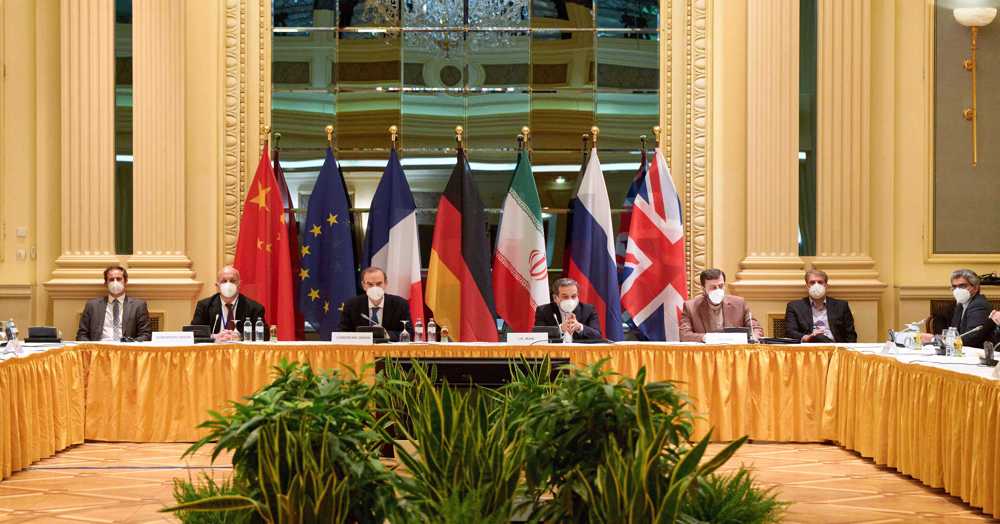
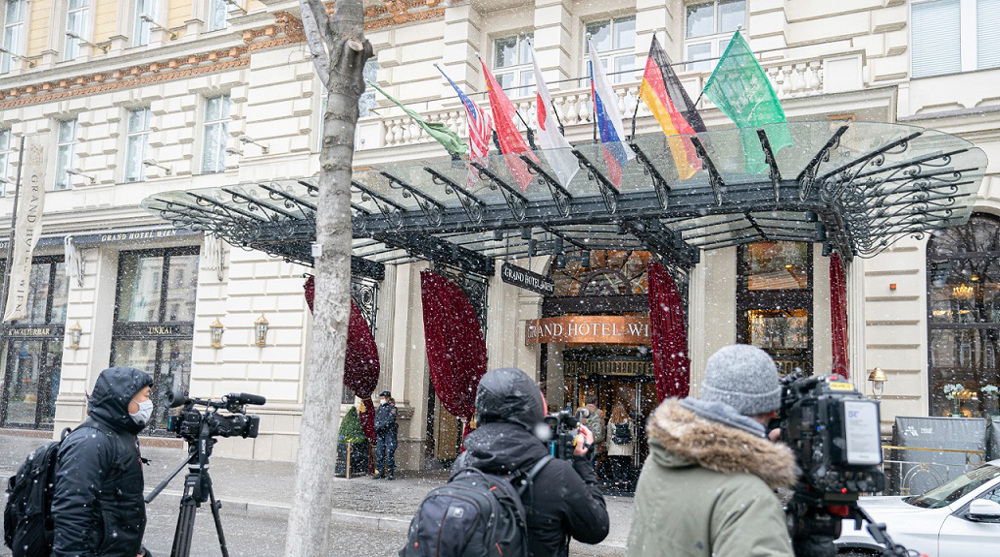
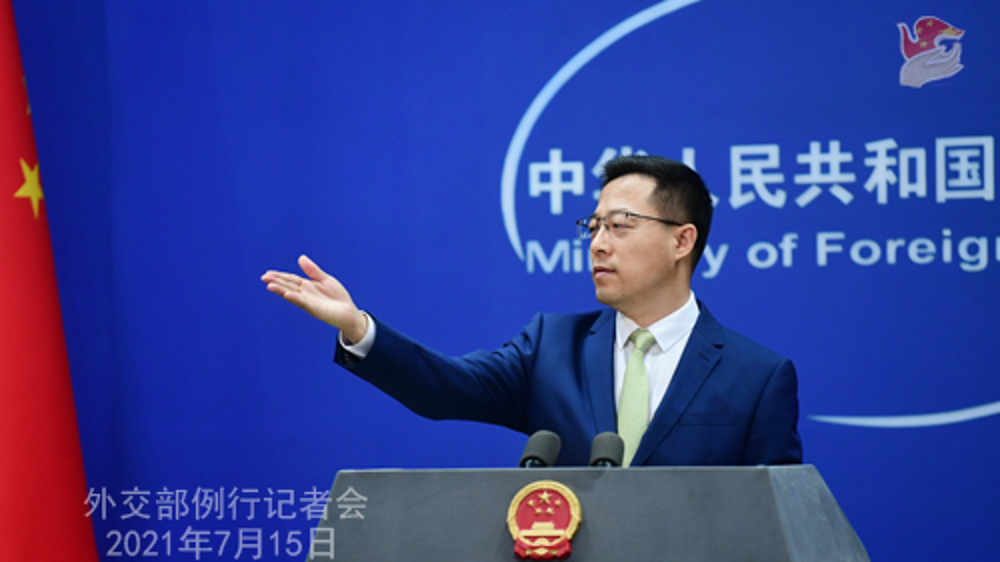



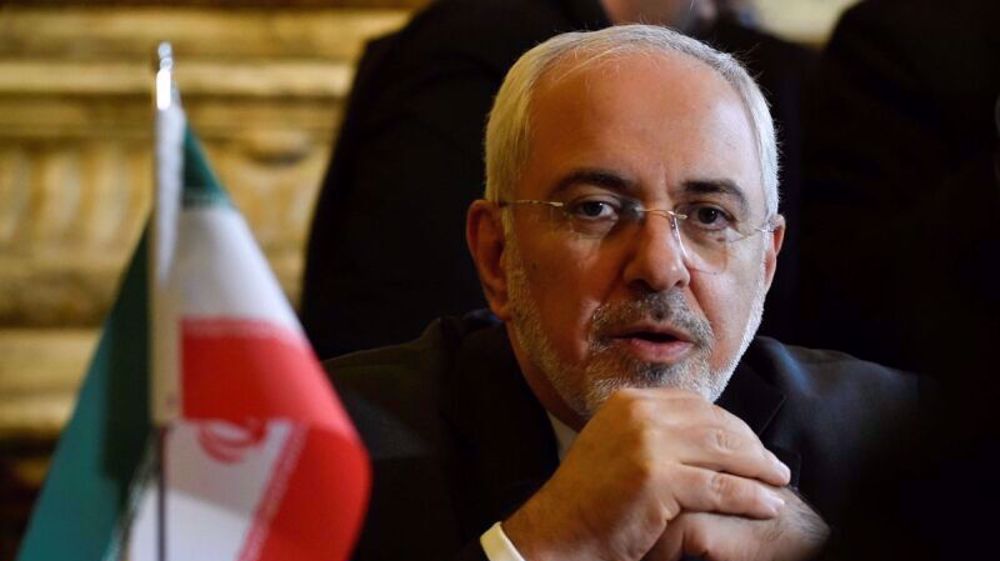
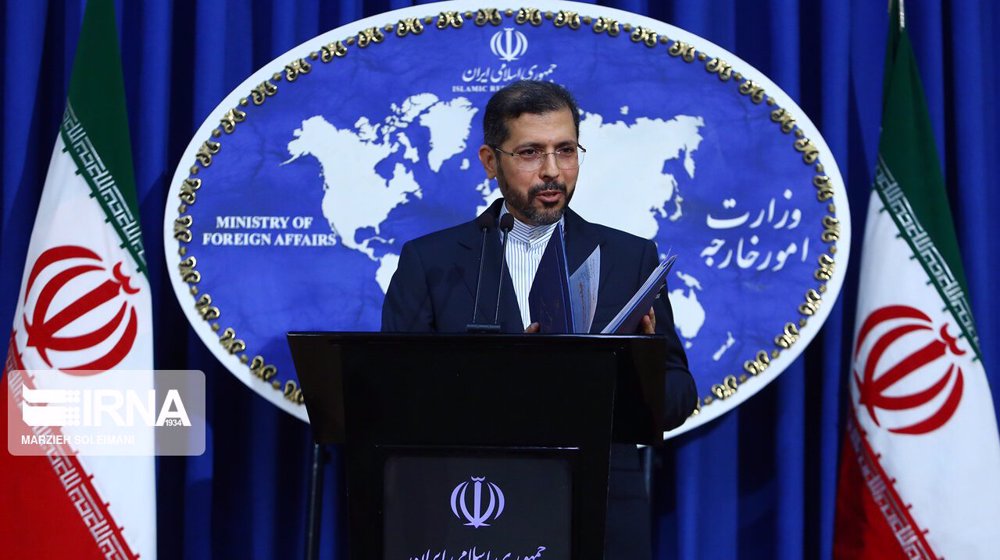
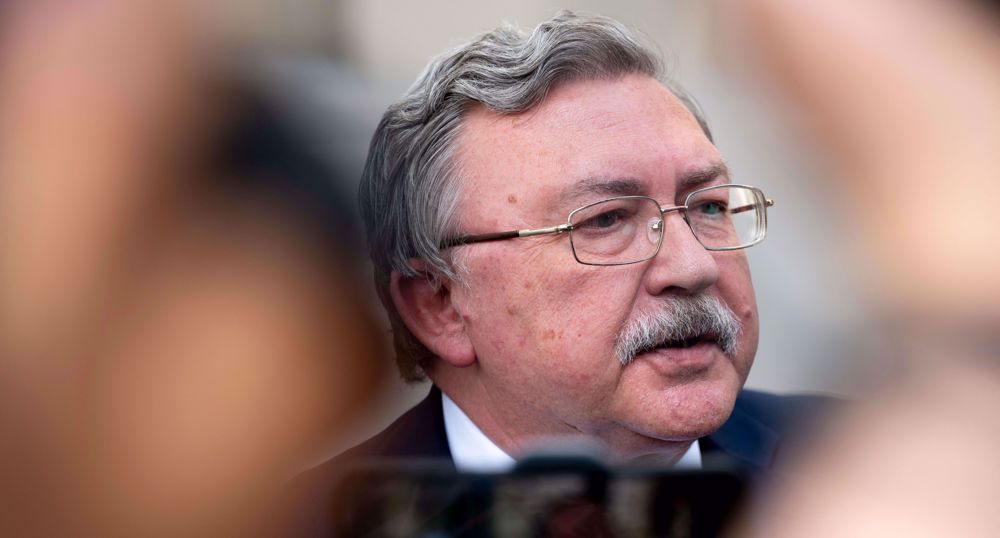
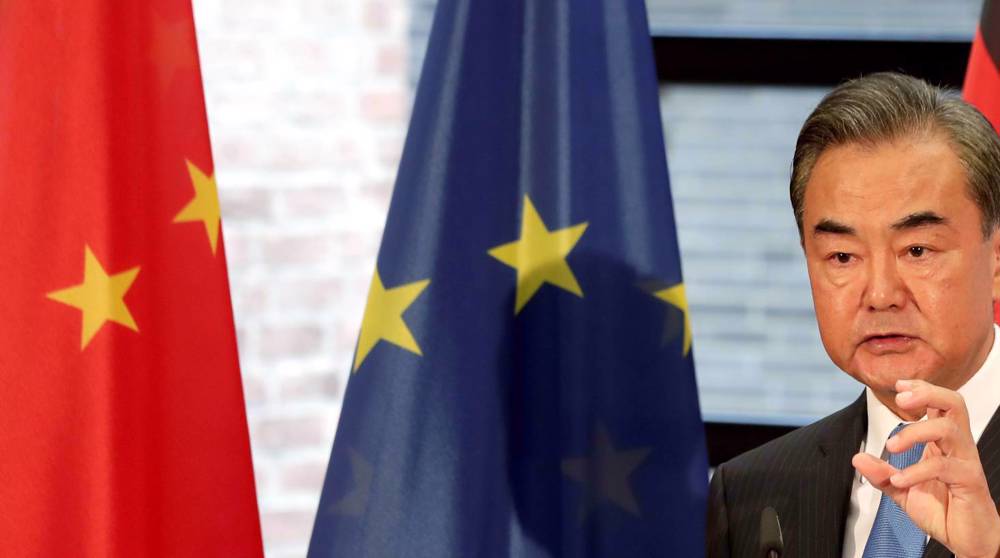
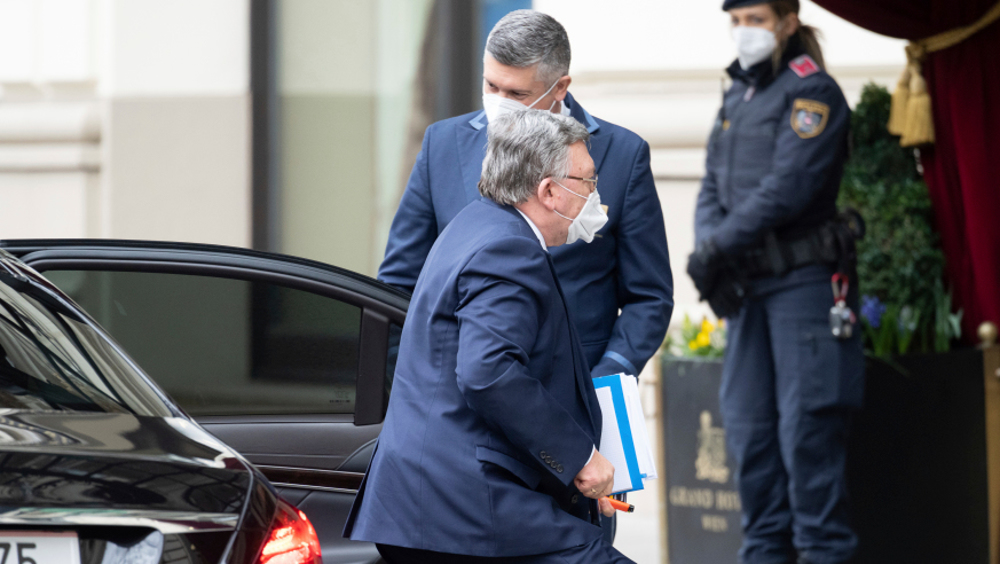

 This makes it easy to access the Press TV website
This makes it easy to access the Press TV website